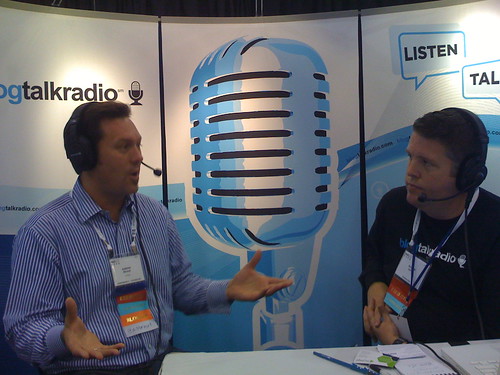 As many of you who read this blog know, I am constantly searching for things that are new and social to write about. To that end, I couldn’t resist jumping on the news my friend, Mike Pratt, recently shared with me about some exciting things he and the Style Coalition (which he and his wife Jean co-founded with Yuli Ziv) are doing to change the fashion industry. To that end, last Wednesday, luxury handbag and accessories online retailer, Avelle, worked with the Style Coalition to launch their five year anniversary campaign. While Avelle’s campaign itself embraced social media, it was different in many ways from the run of the mill variety many of us a slowly getting used to experiencing.
As many of you who read this blog know, I am constantly searching for things that are new and social to write about. To that end, I couldn’t resist jumping on the news my friend, Mike Pratt, recently shared with me about some exciting things he and the Style Coalition (which he and his wife Jean co-founded with Yuli Ziv) are doing to change the fashion industry. To that end, last Wednesday, luxury handbag and accessories online retailer, Avelle, worked with the Style Coalition to launch their five year anniversary campaign. While Avelle’s campaign itself embraced social media, it was different in many ways from the run of the mill variety many of us a slowly getting used to experiencing.A few highlights:
- Because the campaign is run by the Style Coalition vs. going through an agency to the traditional media, Avelle is one step closer to the consumer and thus is more likely to be perceived as being “engaged in the conversation.”
- The Style Coalition, which consists of 10 top shelf bloggers/online publishers, is posting and creating conversations/engagement about some of their favorite topics like, handbags and accessories.
- Avelle wants to encourage conversation with its customers so the posts by the Style Coalition’s bloggers will be focused on the products & brands that Avelle carries but not explicitly about Avelle itself.
For all this engagement and effort, the publishers will be compensated, in effect directly as the Style Coalition passes through revenues. Who doesn’t love a win/win where the Style Coalition can increase the effectiveness of its outreach and brand engagement while putting more revenue directly into the hands of the "value add-ers.” This “outside-the-box” approach is one that more businesses need to be thinking about where:
- Innovative thinking is encouraged and rewarded.
- A win/win is created for all stakeholders involved (as opposed to, “look at the great publicity you’ll get out of this ‘Joe/Jane’ blogger.”)
You go Mike! Way to combine beautiful people, their clothes and accessories and the world of social. To quote Facebook for a second, “Aaron likes this way of doing business.”











